I first read “Molly’s Pilgrim” in Mrs. Gilchrist’s second-grade class circa 2014. It was around Thanksgiving time, and the lesson had something to do with family and family history. This book stood out among books I read for school in elementary. I remembered enjoying the book but could not have given a plot summary. So this fall, I decided to reread “Molly’s Pilgrim.”
My first thoughts were that it was shorter than I remember and that I remembered this book very differently than it really was. I recalled a story about a girl learning about her heritage, but that was not exactly this book. It had more layers to it than I remembered or maybe than I picked up on as an eight-year-old. Molly isn’t the daughter of immigrants nor had her family been in America for generations. Molly herself is an immigrant, having moved to the States only a year prior to the story. Molly’s family came to America to flee the persecution they were facing in their home country of Russia due to being Jewish.
Molly’s problems are also more complex than I remembered. She’s not being teased for wearing the wrong clothes or being weird. The bullies are targeting her because she’s different and can’t speak English all that well, disregarding the fact she’s a young girl who is relatively new to an English-speaking country. Molly hates school but when her mother offers to go speak with her teacher, she declines. Molly’s embarrassment of her mother and Molly’s mother in general is an aspect of the story I found more interesting this time around. I don’t know if it’s because I’m older, so I don’t put myself as directly in Molly’s shoes anymore, or if I’m just paying more attention. Molly’s mom seems to be very interested in the Pilgrim doll assignment, and it’s evident by her initial reaction that it’s because she sees similarities between her family and the Pilgrims. Her modeling the doll after herself and her excitement made me smile a bit because, despite Molly’s reservations, her mother was just like the Pilgrims as she came to America to flee religious persecution. Molly’s embarrassment over her mom is understandable, most teenagers have at one time been a little embarrassed of their parents. But I just felt for Molly’s mom, and I was really glad that Molly didn’t show her true feelings to her mom in that scenario because it would have unnecessarily hurt her mother’s feelings.
If I were in Molly’s shoes, I would’ve been a bit nervous about bringing a doll that I was unsure fit the assignment to class. However, because it’s a children’s book, I knew it would have a happy ending, and it did, but not in the way I was expecting. Molly’s teacher, Miss Stickley, really educates the class, particularly Molly’s main bully, Elizabeth who pokes fun at Molly and her doll. Miss Stickley doesn’t just tell the class to be kind to their classmates. She personally shows her approval of Molly’s doll by displaying it on her desk, and for a class of students, a teacher’s approval is pretty impressive and valuable. Miss Stickley also informs the students that the Pilgrims got the idea for Thanksgiving from a Jewish harvest holiday. Miss Stickley’s actions help give Molly’s confidence a bit of a boost because Molly ends up agreeing with her classmate Emma that her Pilgrim is the most beautiful.
Molly’s statement of her doll being the most beautiful despite the fact that her Pilgrim looks different than the rest of her classmates made me hope that this little short story was the beginning of Molly realizing that being different is not inherently bad or wrong. Molly seems to think this in the beginning of the story because her mother doesn’t look or speak like the other mothers and Molly herself is different from her classmates and is teased as a result. The story ends off on a hopeful note (at least in my opinion) as Molly decides that her mother can come to school now that Miss Stickley has invited her. Even Molly moving past her initial embarrassment of the doll and eventually declaring it the best seems like foreshadowing. I believe that Molly would go home and be proud to have a modern Pilgrim as her mother.
This book was a short read, and I didn’t expect to have gotten as much out of it as I did. Reading this book with a greater historical background of the plight of many immigrants who came to the United States made me better understand Molly’s family’s story. I didn’t expect to learn something new from this book, but I did. I Googled the Yiddish terms Molly’s mother uses. I discovered that “Malkaleh” is not a word itself and appears to mean “little Molly.” And “Shaynkeit” apparently means “my beauty” or “my beautiful one”. These little terms of endearment might seem insignificant, but I think they add a little something to the story. Beyond incorporating Molly’s native language of Yiddish, they also portray Molly’s mother as loving and sweet enough to bestow her daughter with little nicknames. I googled a bit into the Jewish harvest holiday that’s mentioned, Tabernacles, which I hadn’t heard of prior to reading this book. I was also curious to see if Barbara Cohen had written anything else about Molly. As it turns out, eleven years after writing “Molly’s Pilgrim”, she wrote “Make a Wish, Molly.” Overall, I very much enjoyed this reread and will definitely check out “Make a Wish, Molly” next.
On this blog, members of the Carmel High School chapter of the Quill and Scroll International Honorary Society for High School Journalists (and the occasional guest writer) produce curations of all facets of popular culture, from TV shows to music to novels to technology. We hope our readers always leave with something new to muse over. Click here to read more from MUSE.










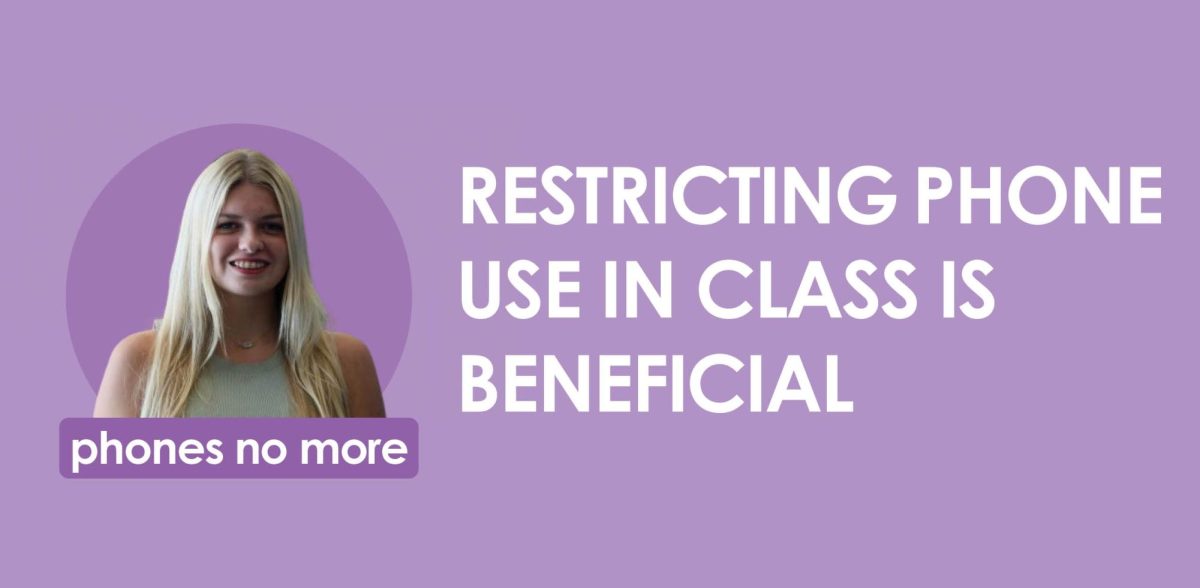
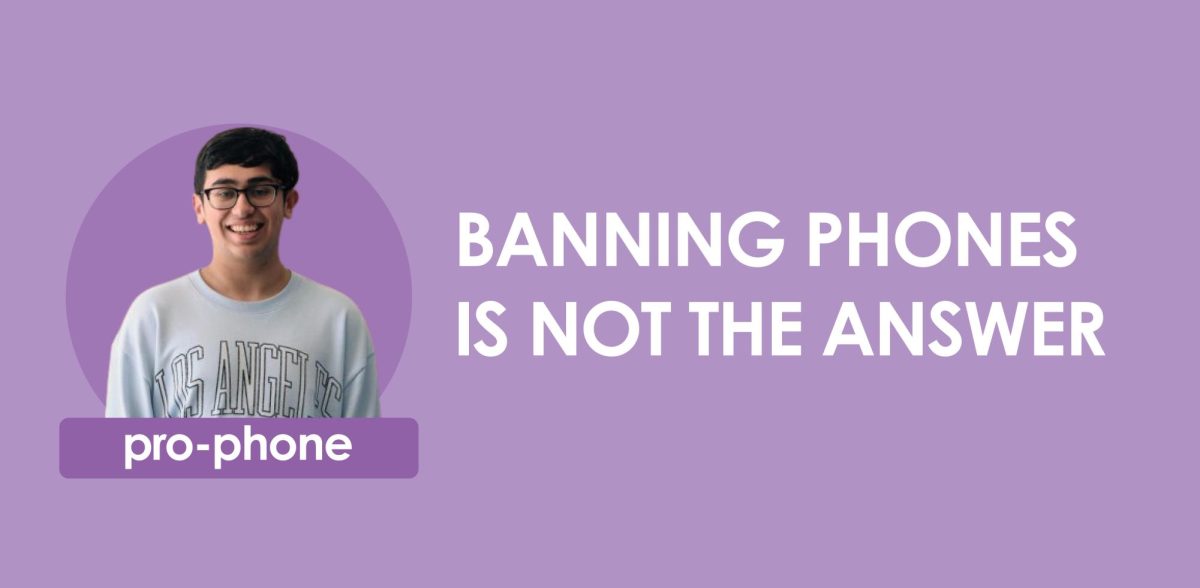
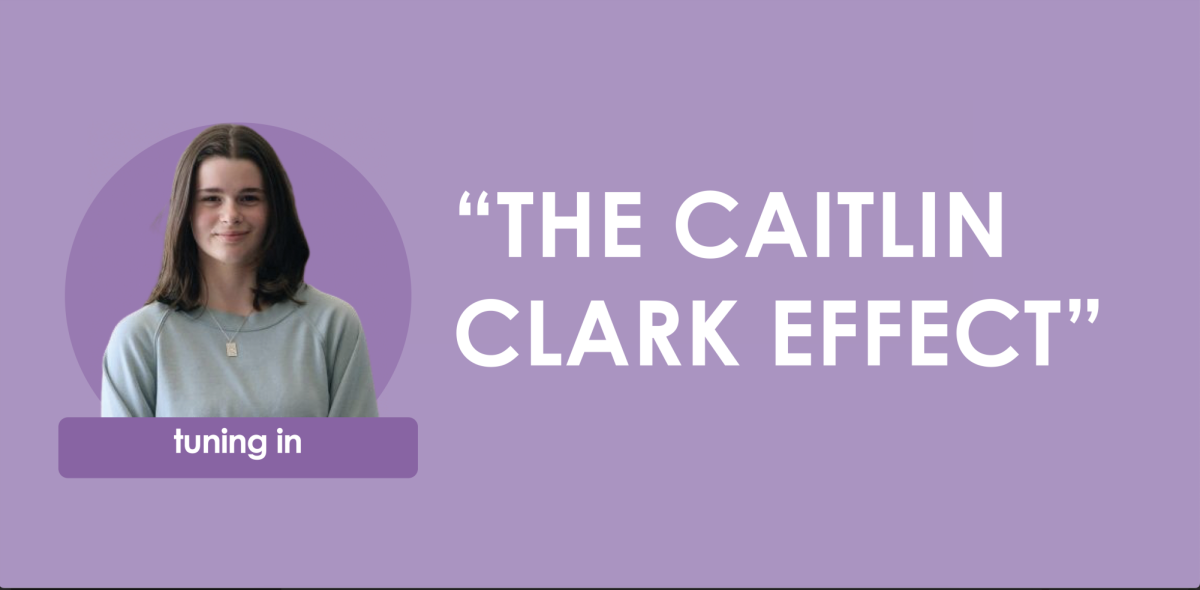
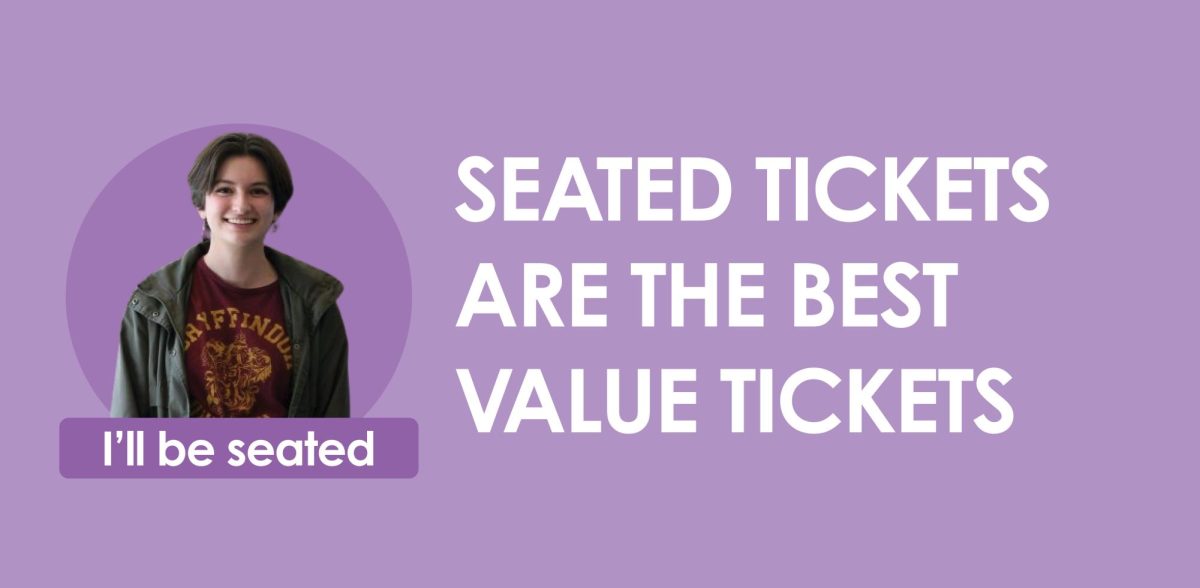
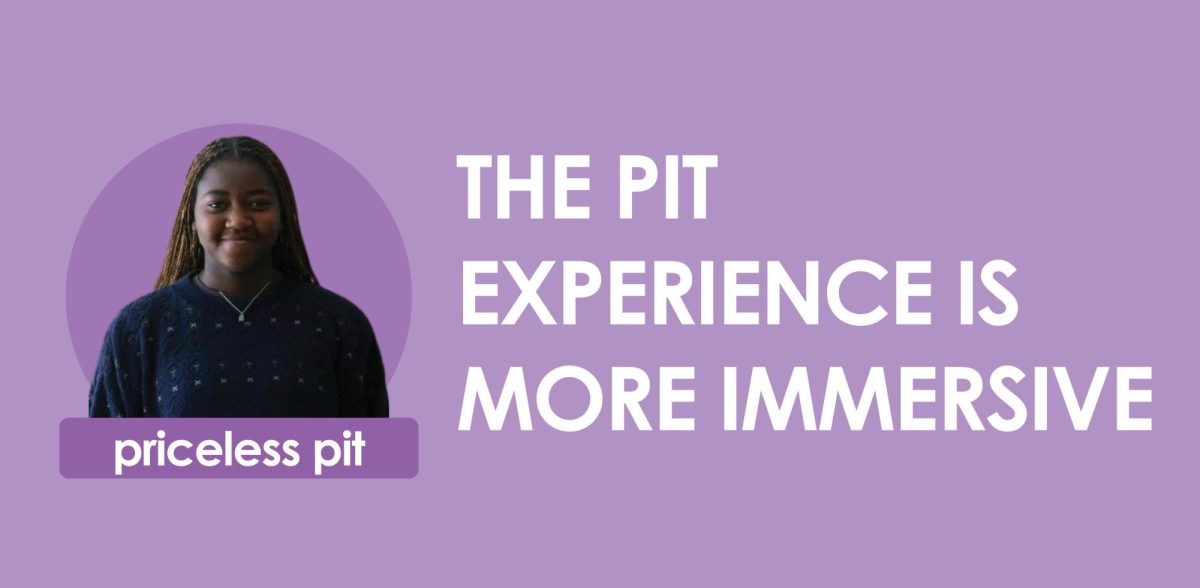



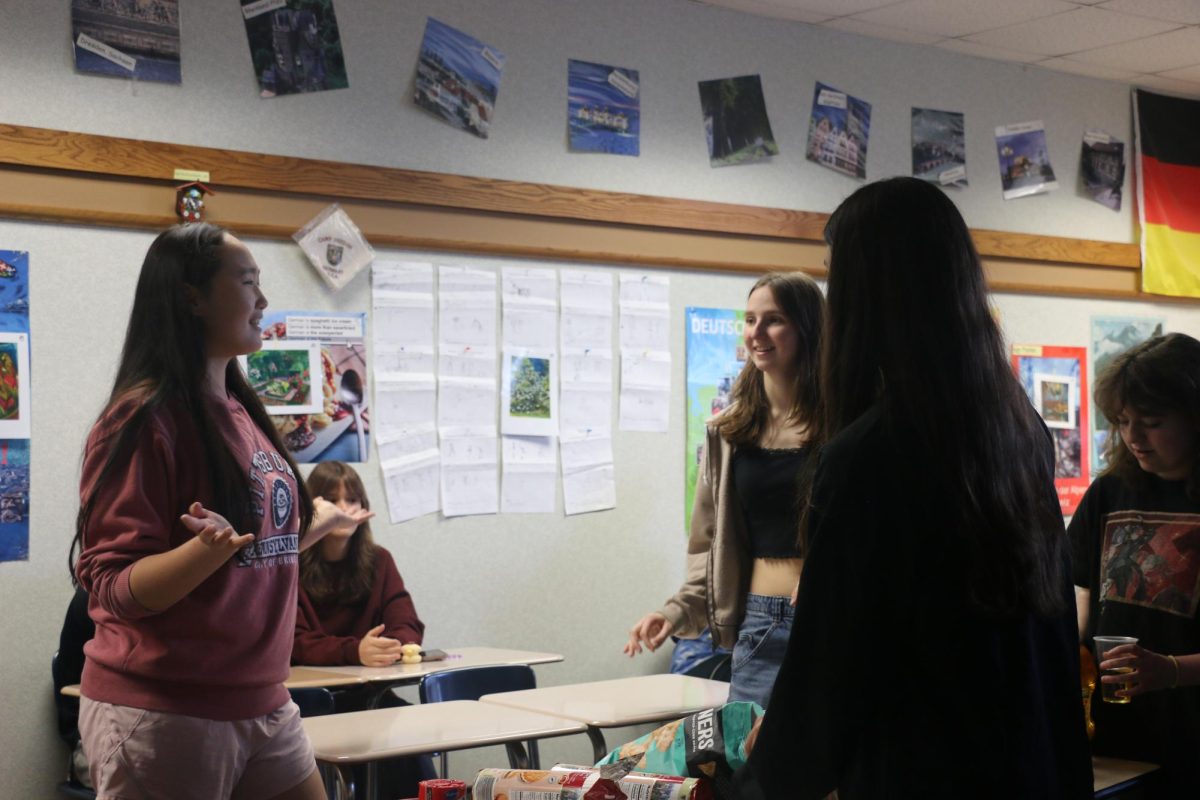

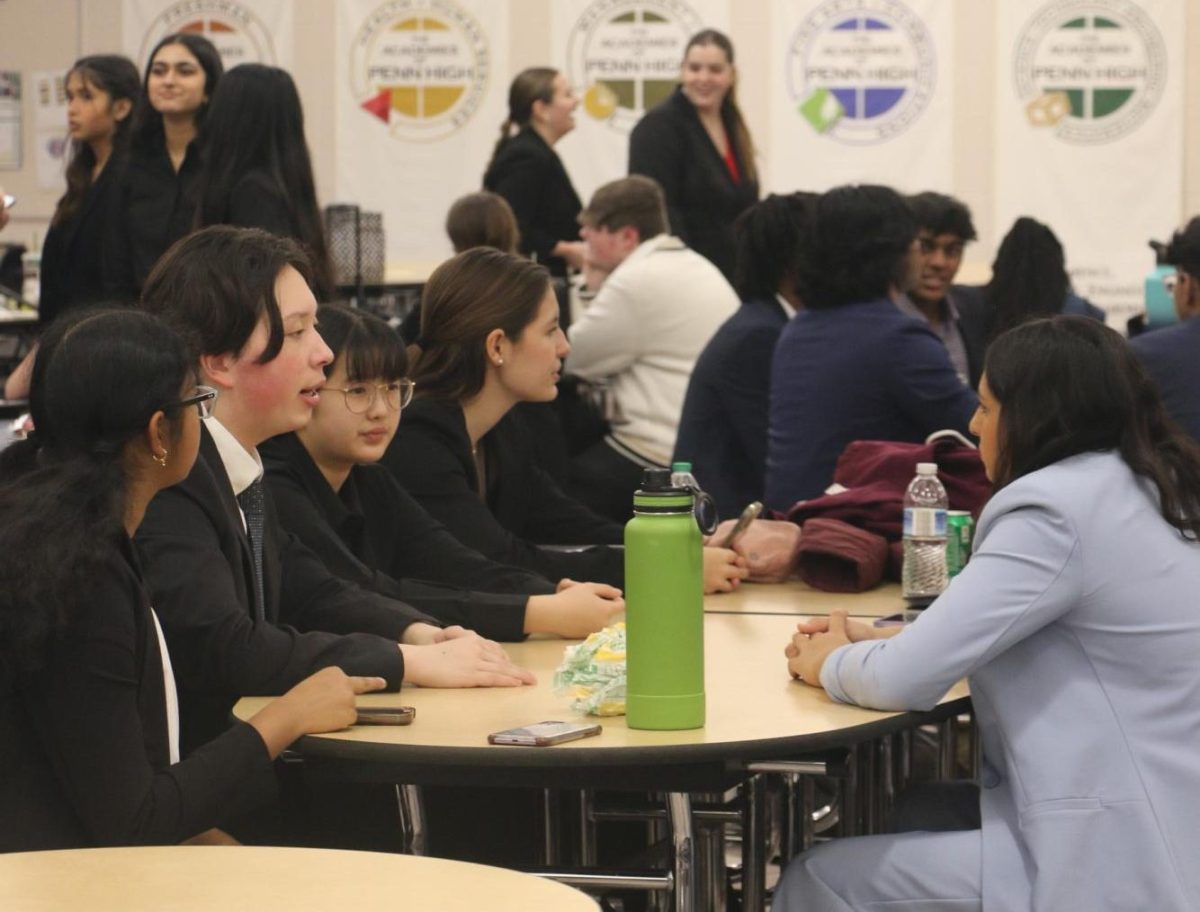
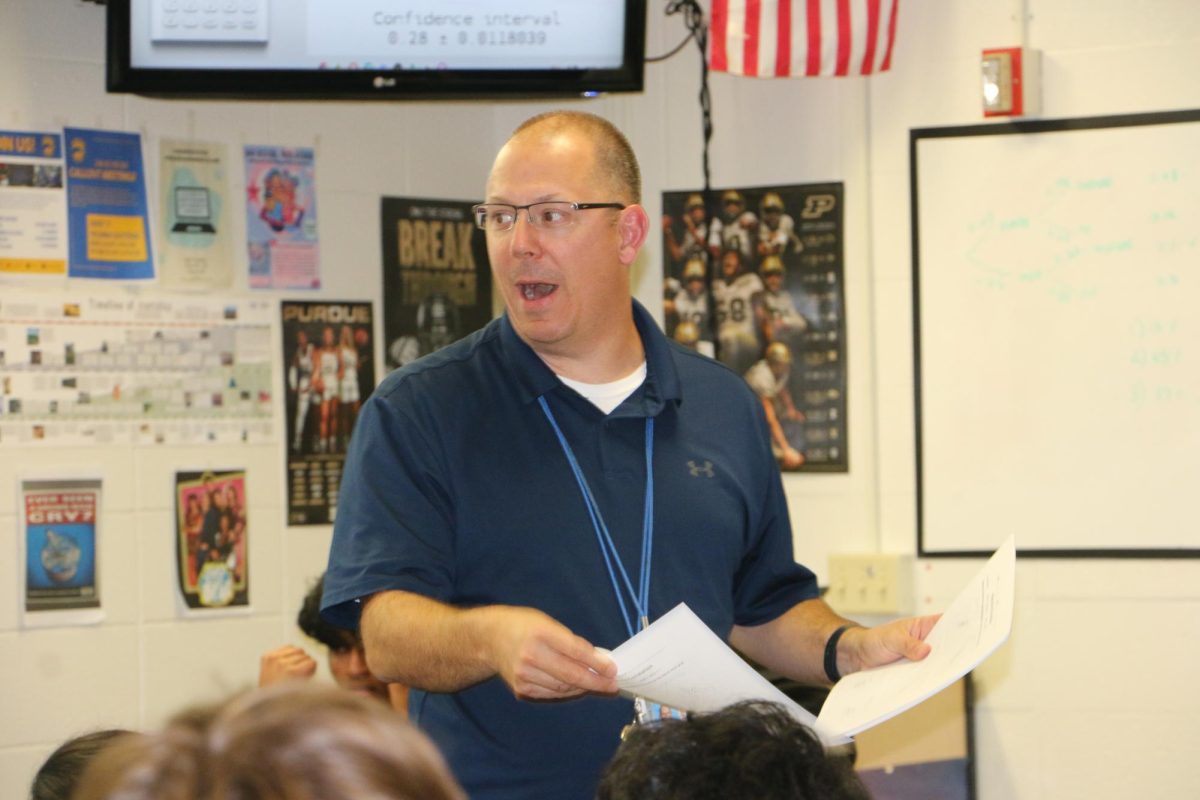








![Family vlogger controversy, need for content reform [opinion]](https://hilite.org/wp-content/uploads/2024/05/Screenshot-2024-05-14-11.33.37-AM-1200x465.png)
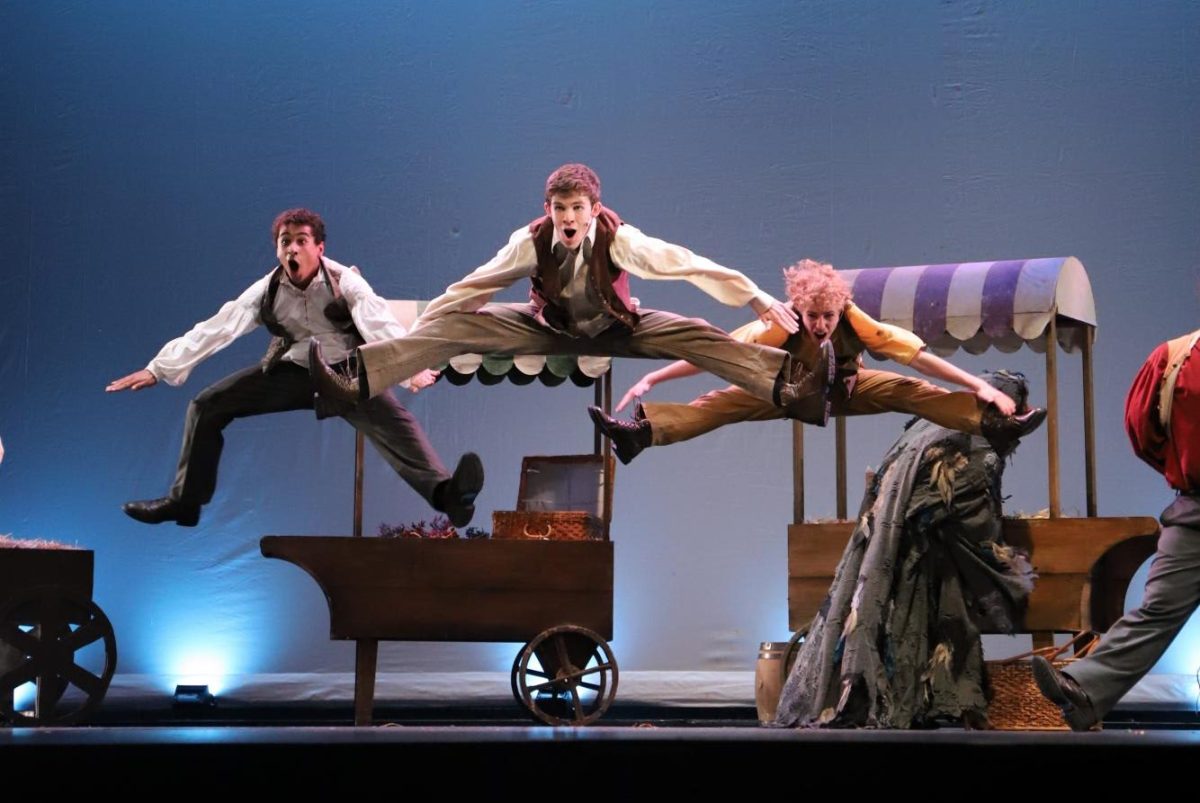
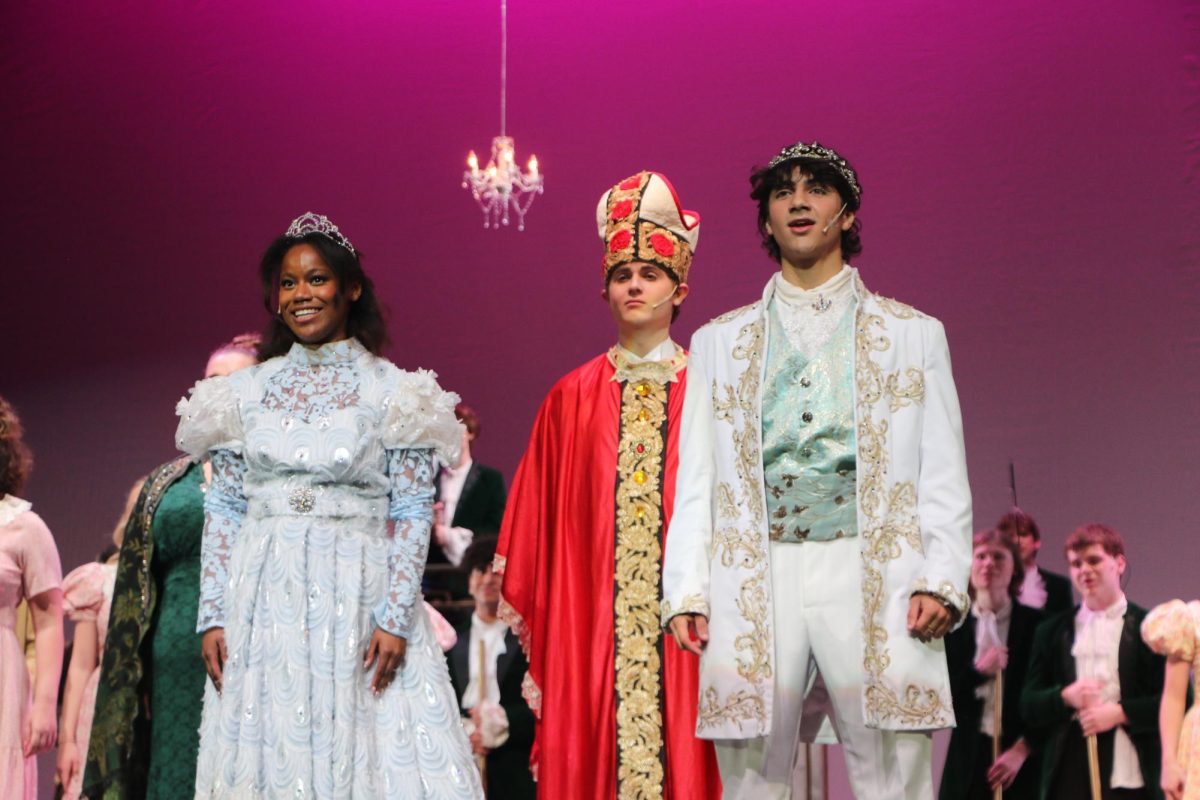

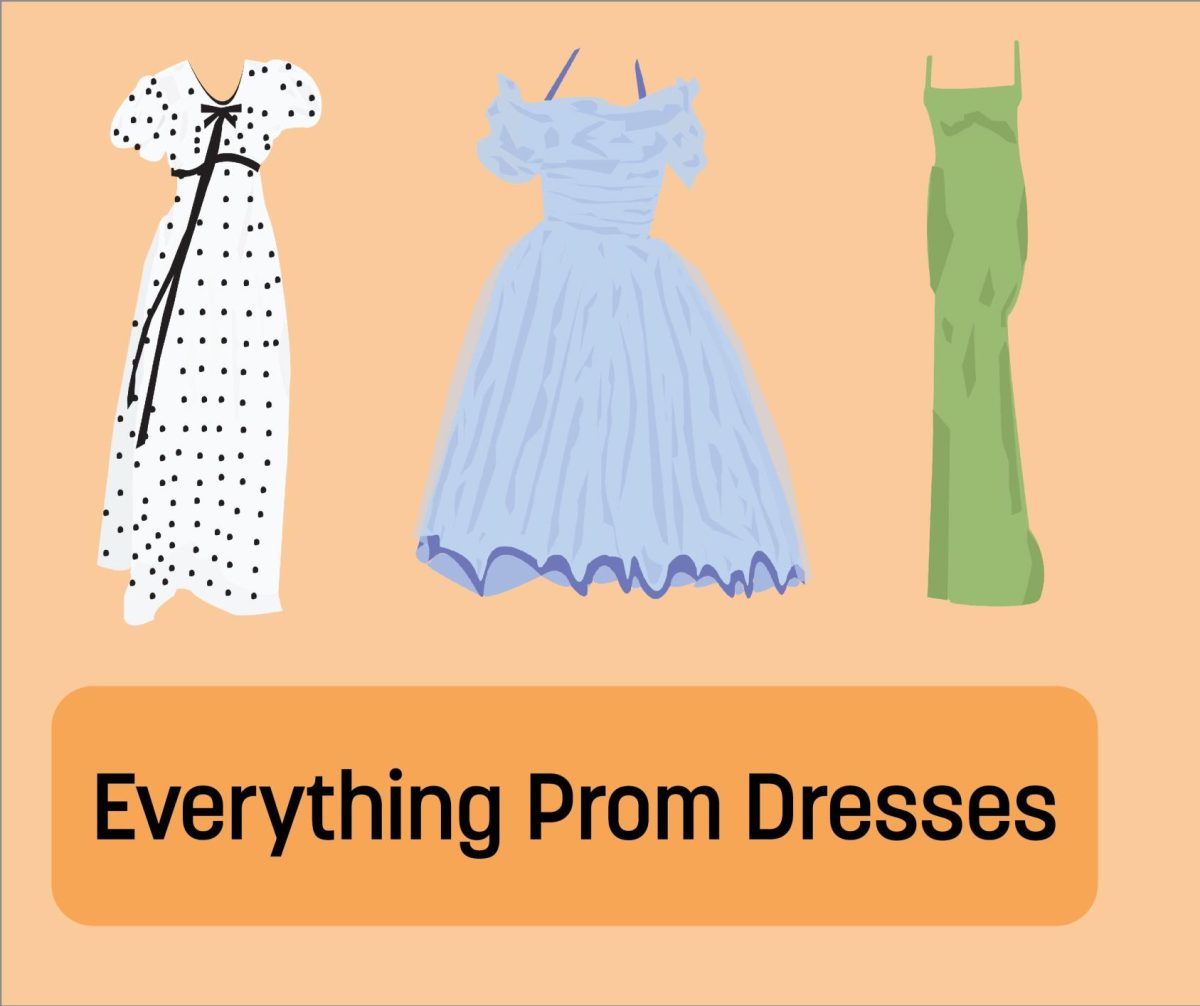

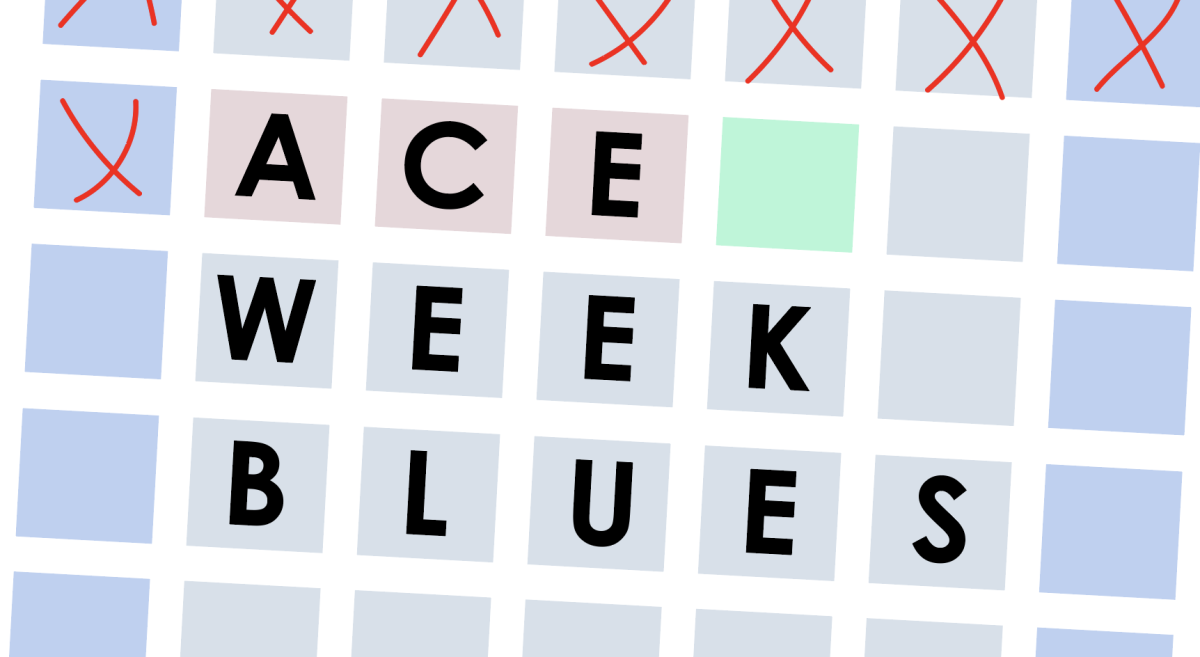
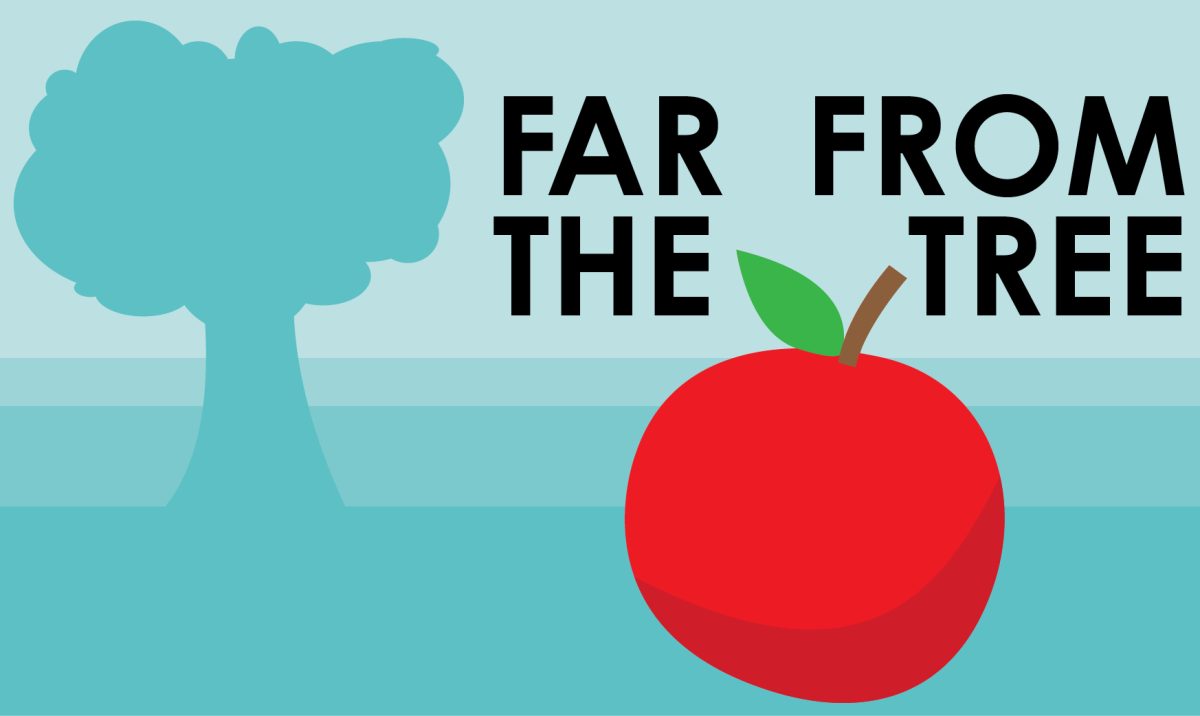
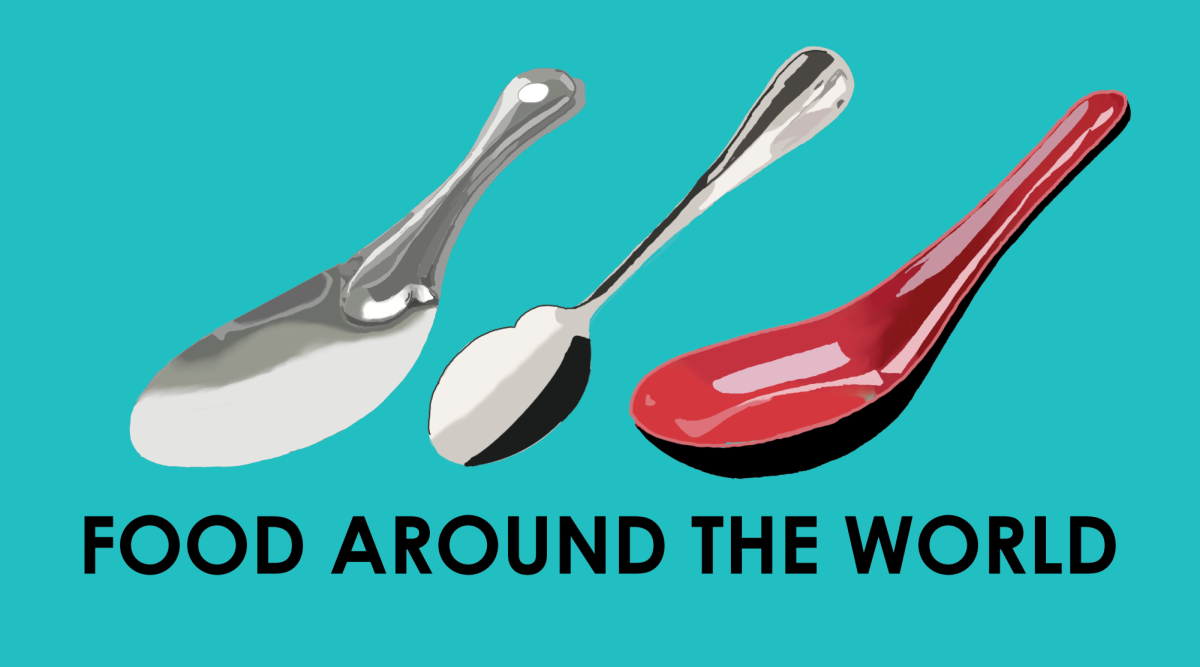






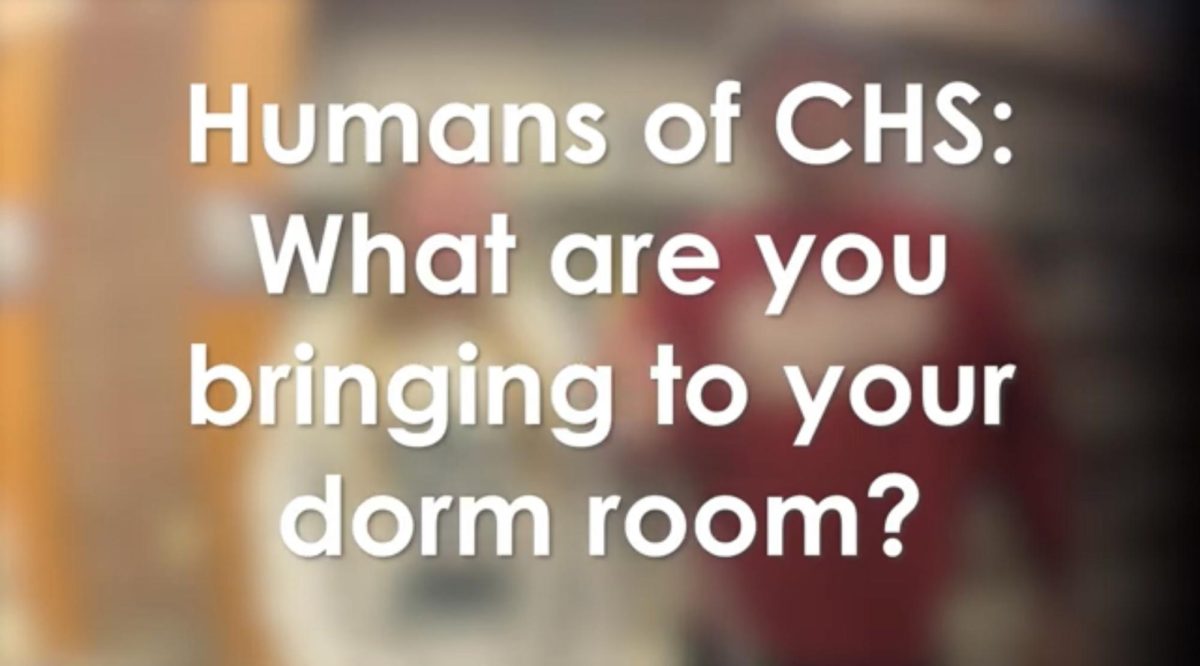









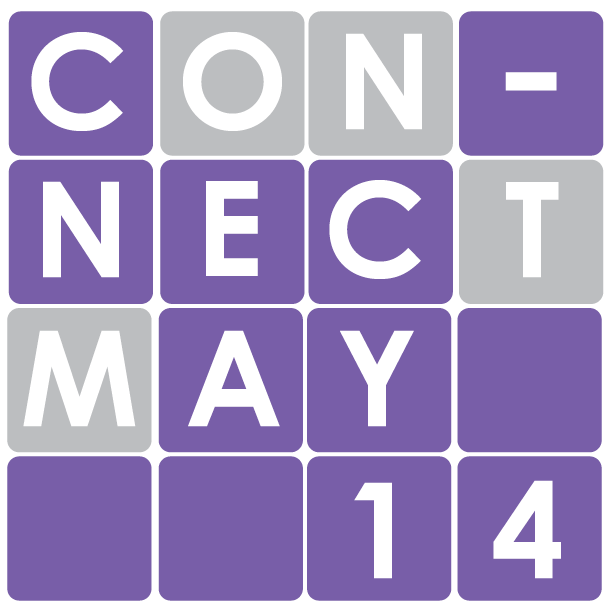
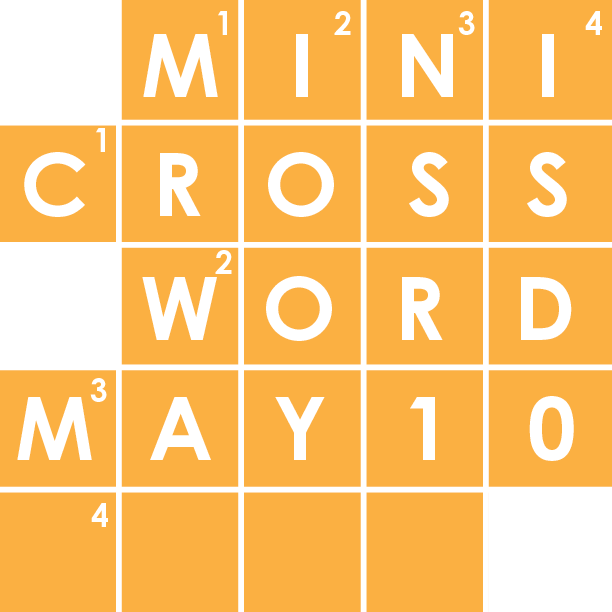
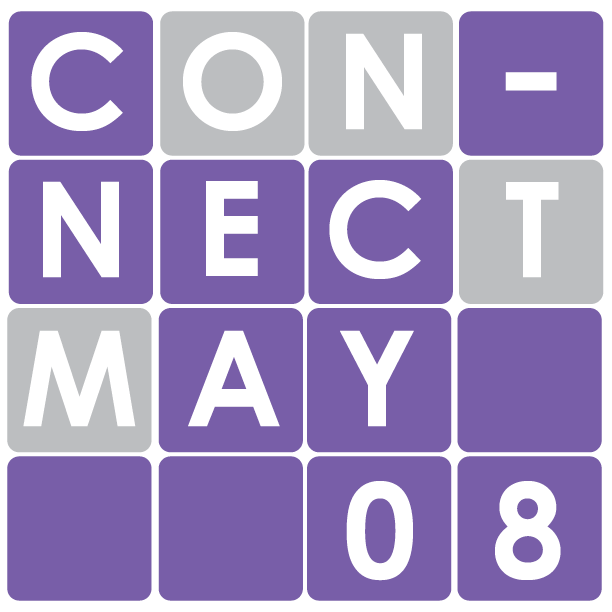
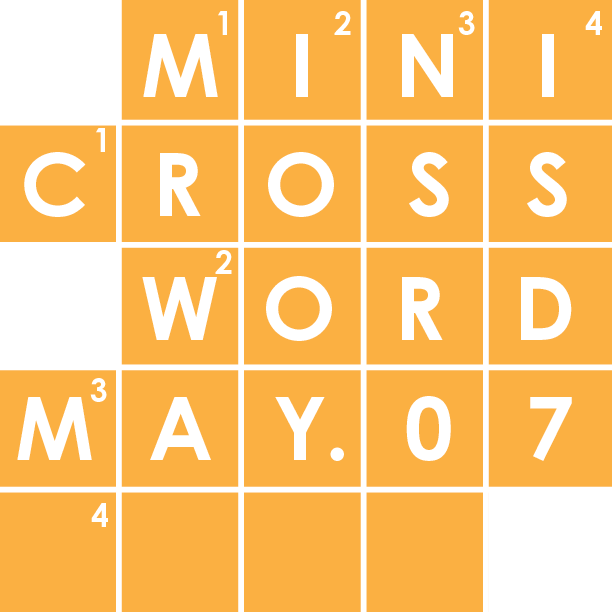
![Review: Taylor Swift’s new album The Tortured Poets Department is not her best work but is still a brilliant album [MUSE]](https://hilite.org/wp-content/uploads/2024/05/The-Anthology_Cover-1200x675.webp)
![Review: Challengers does it all [MUSE]](https://hilite.org/wp-content/uploads/2024/05/challengers-poster-1200x600.png)
![Review: A House of Flame and Shadow by Sarah J. Maas was a disappointing read [MUSE]](https://hilite.org/wp-content/uploads/2024/05/house-of-flame-and-shadow-feature.png)
![Review: Conan Gray’s new album, “Found Heaven”, is a refreshing twist on modern music [MUSE]](https://hilite.org/wp-content/uploads/2024/05/Screenshot-2023-10-31-at-16.01.05.webp)
![Review: “Bodies, Bodies, Bodies” is the quintessential Gen-Z movie [MUSE]](https://hilite.org/wp-content/uploads/2024/05/Screenshot-2024-05-15-140618.png)
![Review in Print: Maripaz Villar brings a delightfully unique style to the world of WEBTOON [MUSE]](https://hilite.org/wp-content/uploads/2023/12/maripazcover-1200x960.jpg)
![Review: “The Sword of Kaigen” is a masterpiece [MUSE]](https://hilite.org/wp-content/uploads/2023/11/Screenshot-2023-11-26-201051.png)
![Review: Gateron Oil Kings, great linear switches, okay price [MUSE]](https://hilite.org/wp-content/uploads/2023/11/Screenshot-2023-11-26-200553.png)
![Review: “A Haunting in Venice” is a significant improvement from other Agatha Christie adaptations [MUSE]](https://hilite.org/wp-content/uploads/2023/11/e7ee2938a6d422669771bce6d8088521.jpg)
![Review: A Thanksgiving story from elementary school, still just as interesting [MUSE]](https://hilite.org/wp-content/uploads/2023/11/Screenshot-2023-11-26-195514-987x1200.png)
![Review: When I Fly Towards You, cute, uplifting youth drama [MUSE]](https://hilite.org/wp-content/uploads/2023/09/When-I-Fly-Towards-You-Chinese-drama.png)
![Postcards from Muse: Hawaii Travel Diary [MUSE]](https://hilite.org/wp-content/uploads/2023/09/My-project-1-1200x1200.jpg)
![Review: Ladybug & Cat Noir: The Movie, departure from original show [MUSE]](https://hilite.org/wp-content/uploads/2023/09/Ladybug__Cat_Noir_-_The_Movie_poster.jpg)
![Review in Print: Hidden Love is the cute, uplifting drama everyone needs [MUSE]](https://hilite.org/wp-content/uploads/2023/09/hiddenlovecover-e1693597208225-1030x1200.png)
![Review in Print: Heartstopper is the heartwarming queer romance we all need [MUSE]](https://hilite.org/wp-content/uploads/2023/08/museheartstoppercover-1200x654.png)











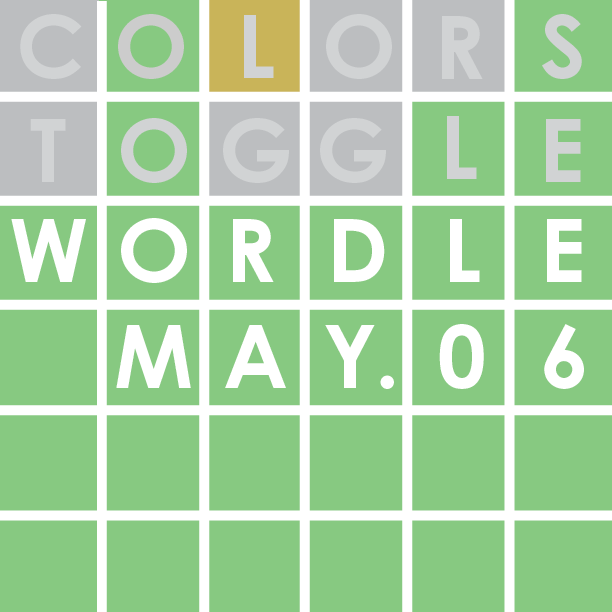

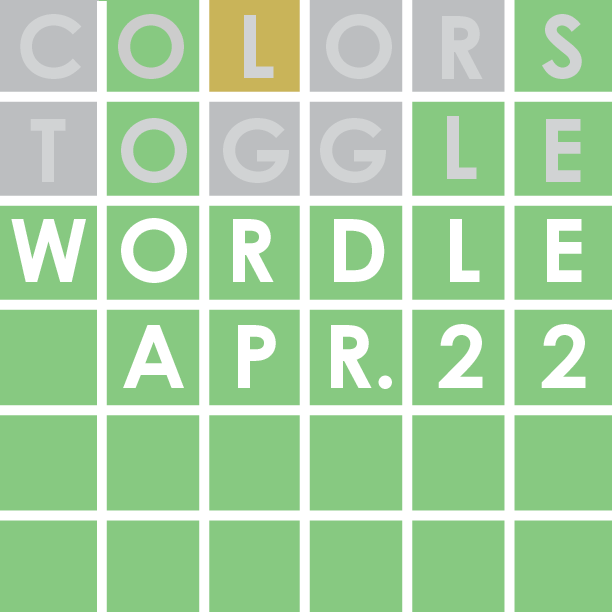

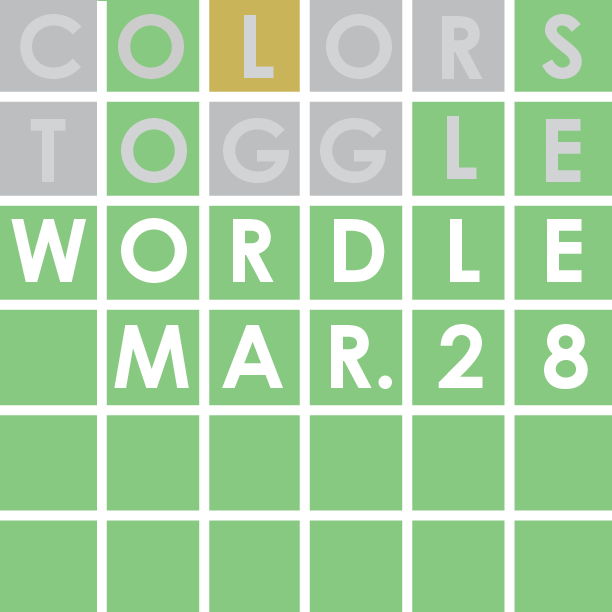






![Review: “Ginny & Georgia” is a dramatic and poorly made emotional rollercoaster–and I loved it anyway [MUSE]](https://hilite.org/wp-content/uploads/2024/03/ginny-and-georgia-season2-main-be37bbb9487a41e88b3f66c3baacd5c3-300x177.jpg)
![Review: Witch Hat Atelier is a masterpiece in art and world-building, but the story has only begun [MUSE]](https://hilite.org/wp-content/uploads/2024/01/unnamed-211x300.png)
![Review: “Mysterious Lotus Casebook” is an amazing historical Chinese drama [MUSE]](https://hilite.org/wp-content/uploads/2024/03/0-300x170.webp)
![Review: “A Little Life” by Hanya Yanagihara is the epitome of a heartwrenching masterpiece [MUSE]](https://hilite.org/wp-content/uploads/2024/01/unnamed-5-300x200.png)

